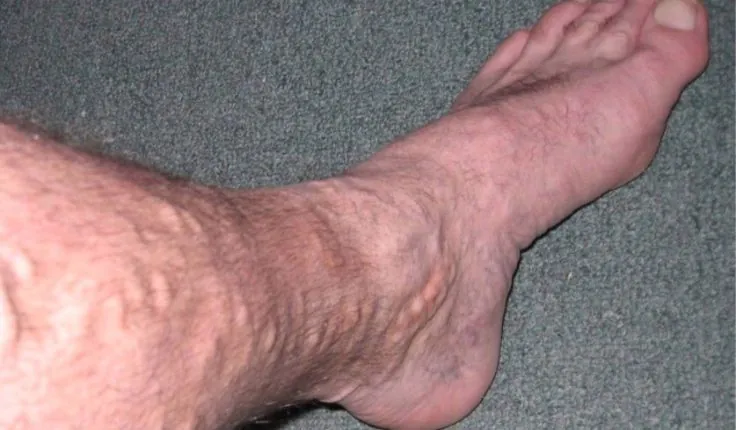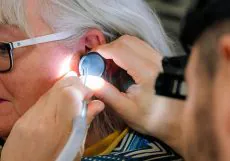What Are The Issues Related To Varicose Veins?
0 Views

Varicose veins connect to various vein issues, including telangiectasias, spider veins, varicoceles, and other vein issues. Many people ask us When to see a Vascular Doctor. If you have any of the following problems, visit a vascular surgeon as soon as possible.
Telangiectasias
Small collections of blood vessels are called telangiectasias. The upper body, also including the face, is where they typically reside, and these blood arteries are red. They can also develop during pregnancy and often appear in persons with specific genetic diseases, viral infections, or other illnesses, including liver disease.
If you suspect you have telangiectasias, consult a vein specialist immediately because they could indicate a more severe condition. If you wonder What Kind of Doctor Treats Varicose Veins, a vascular surgeon is an answer.
Spider Veins
A less severe form of telangiectasia, spider veins are a minor variation of varicose veins. The tiniest blood channels in the body, called capillaries, are involved in spider veins. Legs and faces are common areas for spider veins to appear. They can be red or blue and typically resemble a spider web or tree branch. They usually don’t raise any medical issues.
Varicoceles
In the scrotum, varicoceles are varicose veins (the skin over the testicles). Male infertility may be associated with varicoceles. Consult your physician if you believe you have varicoceles.
What diagnostic procedures and tests do vein specialists use to treat varicose veins?
Angiogram
Although they use it rarely, your vein specialist may order an angiogram to get a more detailed look at the vein flow through blood vessels. They’ll also inject your veins with dye during this treatment, and the dye on x-ray images highlights your veins. Your doctor can use angiography to determine whether you have varicose veins or another issue.
What are sclerotherapy and microsclerotherapy for varicose veins?
Sclerotherapy
A liquid substance is used in sclerotherapy to seal off a varicose vein. Also, vein specialists inject a chemical into the veins, which irritates and scars the vein, causing them to shrink and disappear. Also, the treatment of minor varicose veins and spider veins frequently involves this method.
You can do it while standing in your doctor’s office. To completely seal off a vein, you could require repeated treatments. Usually, you’ll receive treatment every four to six weeks. Your legs will be elastic after treatments to promote healing and lessen swelling.
Microsclerotherapy
It is a therapy that helps treat spiders and other small varicose veins. They’ll inject a small amount of liquid chemical into the vein using a fine needle, and the chemical scars the vein’s interior lining, which causes it to close.
Laser therapy
During this technique, they’ll focus the laser’s light energy on a varicose vein, and the vein vanishes under the laser’s light. Laser surgery usually treats smaller veins without any need for cutting or chemical injection.
Conclusion
We hope the above-given information may help you learn some intreating things regarding varicose vein treatment. The above article focuses on the issues and treatment procedures related to top varicose veins. For further informative details, please visit veintreatmentnj.com.
Related Posts

What Are the Benefits of Visiting an Ear Suction Clinic for Ear Wax Microsuction?
Andrin Andrin / January 10, 2025















